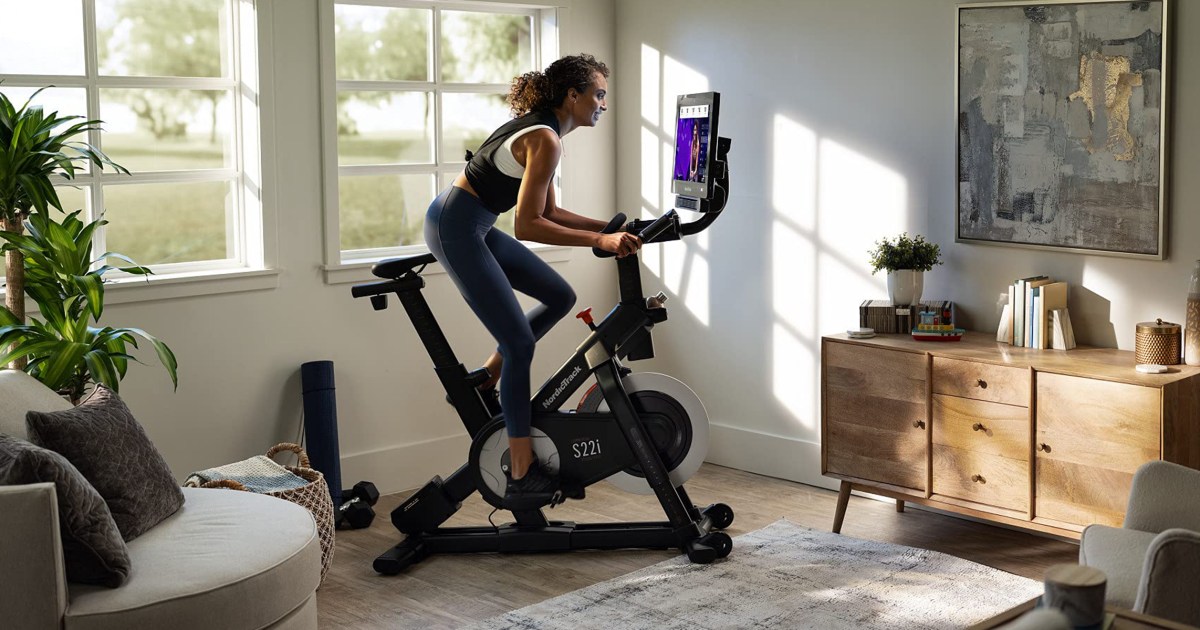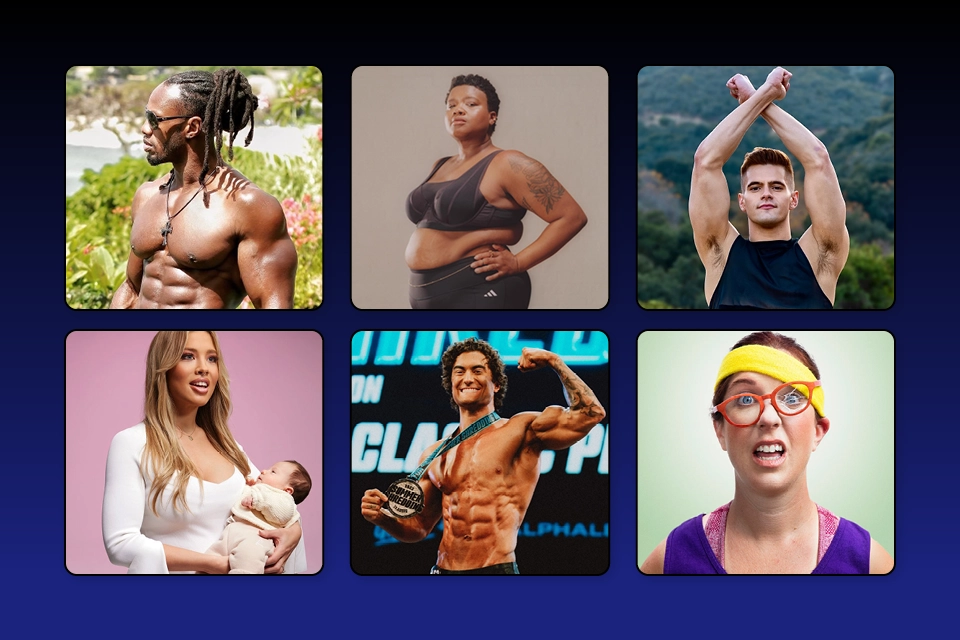

The Falls Church City Hall announced Tuesday that the U.S. News and World Report has issued its Healthiest Communities ranking for 2024, and earning the top spot nationwide is the City of Falls Church, Virginia.
“Bikeable, walkable, and focused on fitness – these are some of the leading reasons the City of Falls Church received recognition as the nation’s Healthiest Community,” the report stated. “While location is key in the ranking, with six access points to the W&OD Trail within the City’s 2.2 square-mile boundaries, residents are also empowered to choose public and alternative transportation like Capital Bikeshare. Flanked by the East and West Falls Church Metro Stations and connected by Metro Bus, transit into Washington, D.C. and across Northern Virginia is accessible for residents and those commuting throughout the region for work and play.”
Falls Church Mayor Letty Hardi commented on the news, “This recognition speaks to the community commitment to provide opportunities for all residents to live a healthy life in the City of Falls Church. Being part of a 15-minute city – where all needs can be met within a 15-minute walk or bike ride – has been a core draw for new residents and businesses” (see below for the entirety of Mayor Hardi’s response in a commentary she wrote for the magazine).
The report noted that in addition to healthy and sustainable transportation and fitness options, the City is committed to green spaces and access to fresh food. A grocery store is a 10-minute walk for 70 percent of residents, helping the City earn a Walk Score of 91 percent, with an additional three grocery stores opening within the next 18 months.
The report added that, being located in the center of the City, the Virginia Gold Certified Farmers Market (awarded in June 2024 by the Virginia Farmers Market Association)– which accepts SNAP benefits – supplies fresh produce and other food options, rain or shine, every Saturday morning throughout the year. The market is a connection point for neighbors to meet and for kids to play at Cherry Hill Park directly adjacent to the market. In that same central location are the City’s Community Center and Public Library which both offer a variety of free and low-cost programming and special events for all ages, creating connection within the community and neighboring jurisdictions throughout the year.”
“Where we live also determines the people we meet and the friends we make. As a healthy community, Falls Church brings many opportunities for mental and emotional wellness too,” added Councilmember Justine Underhill.
Mayor Hardi submitted a commentary to the U.S. News and World Report, thereby reaching a global audience, in response to the news, which is reprinted in its entirety here:
By Mayor Letty Hardi
“When I grow up, I want to be an urban planner,” says no one ever.
And yet, all kidding aside, the built environment of our cities has a profound impact on our health and well-being. Everything from buildings and sidewalks to gathering places and access to nature and fresh air – the stuff of urban planning – shapes our daily experience of the world, for better or worse. Local governments that prioritize people-first places and enact policies that make them possible will improve the quality of life for today’s residents and make their communities more resilient for tomorrow.
Falls Church, Virginia, has consistently been among the top communities in the U.S. News Healthiest Communities rankings since the inaugural edition of the project in 2018, and this year, we returned to No. 1. Our small size, central location, strong economy, high educational attainment and progressive community values have afforded us the opportunity to modernize our city. We have been on a multi-decade journey to strengthen our community, weaving together climate, equity, health and urban development goals.
Here’s a look back at our evolution.
Falls Church is the smallest independent, county-level jurisdiction in Virginia – just 2.2 square miles (hence our moniker, “The Little City”) – and is home to about 15,000 residents. Our growth from a 1950s car-oriented commuter suburb of Washington, D.C., started over 20 years ago when we began to embrace revitalization and mixed-use development.
This development has brought new neighbors, new businesses and new recreation together while diversifying our economic base. We have been embracing the urban planning concept of a “15-minute city,” in which a wide array of amenities are located within a 15-minute walk, bike ride or convenient public transit option. In fact, 70% of our residents now live within a 10-minute walk of a grocery store, not to mention our weekly farmers market, diverse restaurants, gyms, parks, and civic and cultural life.
We are investing in a community that is walk- and bike-friendly, offering people of all ages and abilities a variety of safe and equitable ways of getting here and getting around. While our excellent public schools have long been a draw for families, downsizing retirees and young professionals in recent years have chosen Falls Church for its amenities and the possibility of a car-lite or car-free lifestyle. Many residents happily embrace a way of life that can help keep them physically healthy and lower their carbon footprint. E-bikes are multiplying, and our popular fitness centers, busy sports fields and shady, tree-lined streets – along with the Washington & Old Dominion Trail – provide plenty of options for healthy activity.
As a parent, I recognize the benefit our walkable, compact city affords my family. My kids have the opportunity to safely explore, play and learn to be independent from me – whether that’s through biking to school, walking to the local deli for a snack with friends, or stopping off at the community center or the park for some hoops.
Growth is not mutually exclusive from being green. Our urban forest is one of our most distinguishing qualities. We are proud to be the first Tree City USA in Virginia. Just recently, we planted 750 trees to commemorate our 75th anniversary as an independent city. Our street trees are festively lit up each year to foster more celebratory commercial and civic activity during the holiday season.
We are also committed to climate resilience. To ensure our city government leads the way, we are transitioning to a greener fleet of electric school buses and other work vehicles, retrofitting municipal buildings with geothermal and renewables, converting our streetlights to LED, and educating students and serving school lunches with locally grown produce at Meridian High School, which is aiming for net-zero emissions.
Good city planning creates more opportunities for daily active and passive physical activity, which also benefit the mental and social health of our community.
Our population is growing, but our urbanizing downtown – with outdoor dining, accessible sidewalks and new things to do – is still small enough where you are likely to see a friendly face and have a conversation. “Third places” like coffee shops, our award-winning library and pocket parks also create opportunities for social connection. Our blossoming public art brings color and vitality to our shared spaces and reinforces our identity as a community. Charming traditions like our Memorial Day Parade and Run for the Schools bring us together and foster a sense of belonging and shared history.
In an age of bitterly fractured politics, a loneliness epidemic and too much time spent behind screens, I’d like to think that Falls Church is bucking the trend: We are a community of joiners, with strong civic engagement, a local newspaper (the backbone of a strong democracy) and consistently high voter turnout.
If Falls Church sounds too good to be true, know that I pinch myself regularly that I have the immense privilege to serve, live, work and raise a family in this small oasis in Northern Virginia. But like any place, we have room to improve. As The Little City grows up, we need to continue adding more attainable and diverse housing so more people can share in the benefits our community enjoys. We also need to prepare for the threat of climate change by moving even faster to renewable energy sources, transitioning to greener ways of getting around and ensuring our community will be resilient in the face of extreme weather events.
The COVID-19 pandemic offered us all an enduring reminder that good city planning plays a huge role in physical, mental and social well-being. Great communities of the future start with people who have an equitable opportunity to be healthy, happy and interconnected. In Falls Church, I’m grateful we have an amazing foundation, and we plan to keep working on new ways that leave our community healthier for generations to come.
I invite you to share your ideas with us and to visit Falls Church soon. Our future is bright.







